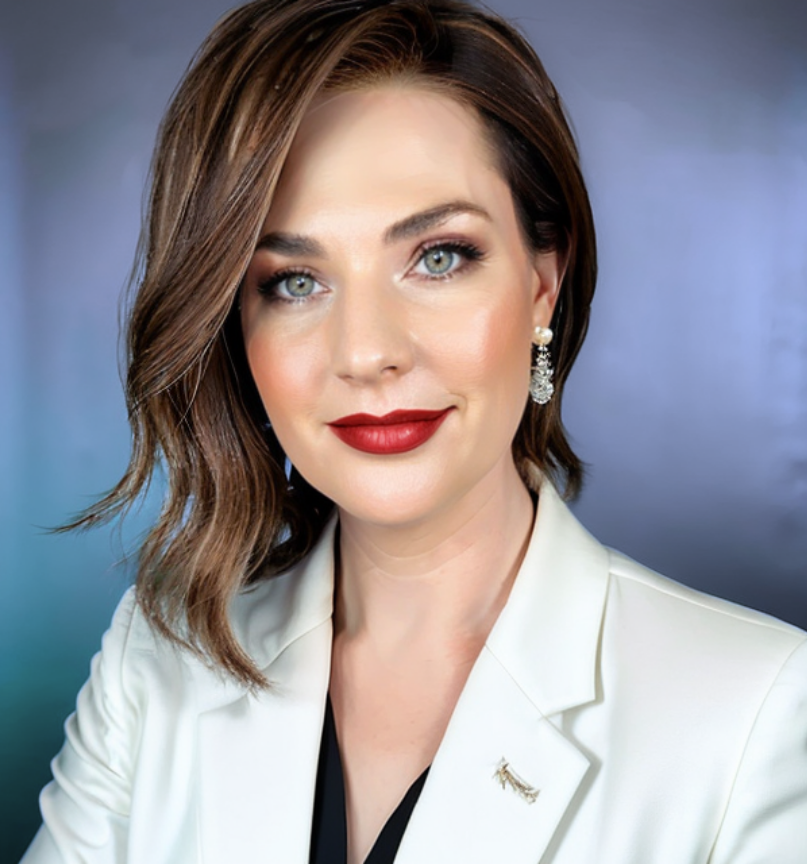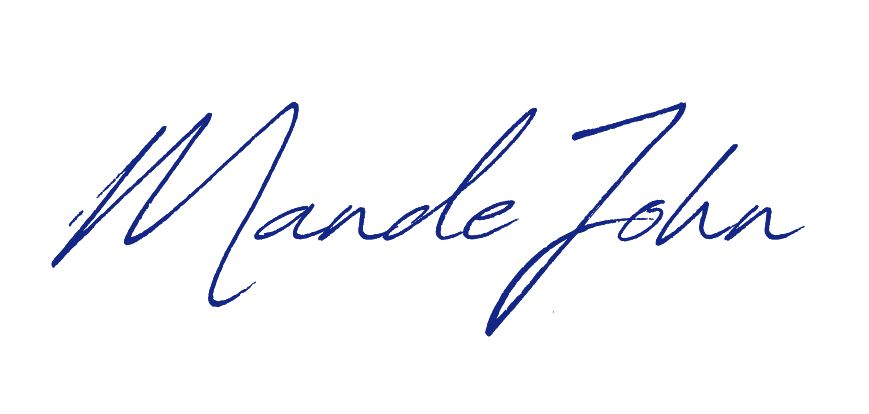Have you ever started a goal only to quit?
I think we all have—and today, we’re going to solve that problem. Because the key to success isn’t what you think it is.
As I celebrate my 100th podcast episode (did you know 90% of podcasts don’t publish more than three episodes?), I want to share something that might be the single most important skill for ADHD adults: goal sustainability.
The Spinning Plates Problem
I used to feel like one of those circus plate spinners—you know, the ones who balance multiple plates on sticks, sometimes even on their nose or head? Except I was the worst plate spinner ever.
If I got one plate going (took on a big goal or fell into hyperfocus), every other plate crashed to the floor and broke.
Sound familiar?
Now I’ve learned the tools to keep all my plates spinning, even if at different speeds. The key? Understanding why we quit—and building a system that works with our ADHD brains, not against them.
Why ADHD Adults Quit Their Goals
With ADHD, the middle of a big goal can feel dangerous. We start with:
- Excitement
- A new plan
- Fresh energy
Then things get:
- Hard
- Boring
- Messy
And we start thinking: “If I were really cut out for this, I wouldn’t feel like this.”
So we quit. And the quitting loop becomes our default.
But what if feeling shaky isn’t a red flag? What if it’s a milestone—proof you’re exactly where you’re supposed to be?
The Secret: Building Confidence Through Four Stages
The key to not quitting is confidence. But here’s the thing—confidence isn’t something you have or don’t have. It’s not something you fake. It’s a journey you go through.
Think about it: I’m currently confident I can pour a glass of milk. But as a little girl? That gallon was heavy, my hands were unsteady, and that glass seemed to keep moving away from me. I had to build that confidence through practice.
The same process applies to every big goal. Here are the four stages:
Stage 1: Courage (Doing It Scared)
It’s supposed to feel bad. That feeling? It’s fear.
I’ve had so many clients undertake big goals, and when they tell me they’re scared, I say: “Good. You’re right where you’re supposed to be.”
If you aren’t scared, you aren’t stretching yourself. If there was no fear, you wouldn’t need courage.
For my podcast, courage meant:
- Hitting record the first time (and many times after)
- Not knowing if anyone would listen
- Feeling overwhelmed by the tech
- Speaking awkwardly into the mic
But I did it anyway. Again and again.
Action step: Take imperfect action before your brain has time to talk you out of it.
Stage 2: Commitment (Deciding It’s Happening No Matter What)
This is about making a decision ahead of time: There is no other option but to do this.
You might not always do it well. You definitely won’t always feel like doing it. But you ARE doing it.
This shuts down negotiation (though your brain will still try).
Important: This doesn’t mean perfection. I’ve missed a few weeks in my 100 episodes—but very, very few. Exceptions to the rule aren’t excuses to quit.
Action step: Decide once, then stop re-deciding every day.
Stage 3: Consistency (Keep Showing Up)
Here’s what helps me: Think of anything that matters as a long game. You’re going to be showing up consistently for a long time—whether it’s marriage, parenting, business, or personal goals.
When trouble happens (and it will), it’s just a little blip in your very long journey.
Is consistency one of the biggest ADHD challenges? Absolutely.
My solution? Get support.
- I talked about starting my podcast for TWO YEARS until I found a coach
- Now I have an assistant who’s always waiting for the next episode
- For my current fitness goal, I’m actively seeking an accountability coach
Action step: Don’t rely solely on motivation. Find somebody you can count on.
Stage 4: Confidence (The Earned Reward)
This is when something that once took courage now feels automatic.
For my podcast, I can now plan, record, and publish without stress. I know I can handle tech issues and creative ruts.
Surprisingly, confidence feels normal once you get there. But for ADHD adults, getting parts of your life into automatic mode feels SO good. No thought, no fuss, no muss—just confidence.
The Game-Changer: Lowering the Stakes
Here’s where most people go wrong: They try to raise the stakes to force themselves not to quit.
My brain wanted to make my fitness goal a really big deal. But I’m working to lower the stakes in my mind.
High stakes create pressure. Low stakes create sustainability.
What if I had to make every podcast episode life-changing? I’d still be on episode three.
If I made my fitness goal mean my entire health and self-worth depended on it? I’d burn out by week two.
My reframe: “It’s not a big deal. It’s simple. Just follow the plan to the best of your ability, day by day.”
That feels bite-sized, sustainable, and calms my mind.
Where Are You Right Now?
Think about your own big goal. Which stage are you in?
- Courage: You’ve barely started and feel awkward or scared
- Commitment: You’ve decided it’s happening, but you’re still in the trenches
- Consistency: You’re showing up regularly, but progress feels slow
- Confidence: You’ve earned the skill and trust yourself
Your Action Plan
Pick ONE way to move to the next stage:
- If you’re in Courage: Make the decision to start
- If you’re in Commitment: Double down and remove other options
- If you’re in Consistency: Keep the streak alive (get support if needed)
- If you’re in Confidence: Congratulations! Keep that plate spinning and give attention to another
The Compound Effect
Episode 100 isn’t just a number for me—it’s living proof that courage, commitment, and consistency really do create confidence.
The beauty? You get to stack these experiences. Once you’ve created confidence in one area, you KNOW you can do it in another.
You don’t have to feel ready. You just have to be willing to take the next step.
Most people stop at courage or commitment. They stall at consistency when results dip. For ADHD adults, the emotional roller coaster plus boredom sensitivity makes it even harder.
But shakiness doesn’t mean you’re doing it wrong. It means you’re building a skill.
Ready for support on your journey? Book a free mini coaching session at www.learntothrivewithadhd.com/services
What stage are you in with your current goal? Share in the comments—let’s support each other through the journey.



